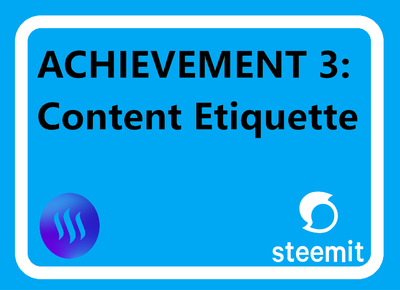What is plagiarism
Plagiarism is presenting someone else’s work or ideas as your own, with or without their consent, by incorporating it into your work without full acknowledgement. All published and unpublished material, whether in manuscript, printed or electronic form, is covered under this definition. Plagiarism may be intentional or reckless, or unintentional. Under the regulations for examinations, intentional or reckless plagiarism is a disciplinary offence.
source
Types of plagiarism
Direct plagiarism
It's far a severe form of plagiarism because it is word-to-phrase copying of a phase of someone’s work without citation marks. Copying a person else’s work is unethical and academic dishonesty, and it may bring about disciplinary actions or expulsion from the group.
Self Plagiarism
Self-plagiarism is the maximum accessible and straight forward shape of plagiarism. It’s a perfect example of borrowing substances from one’s previous work with out the knowledge of the professor. assume a scholar makes use of part of his/her time period paper that they wrote in high school and upload that component to the college path task without the earlier know-how to the educator then it receives appeared as self-plagiarism. If the scholar is submitting the same piece of works for assignments in various classes with out previous permission from both professors, then the paper becomes a self-plagiarized paper.
Accidental Plagiarism
If an writer or a author neglects to quote their resources, by accident paraphrases or a few different work with out attribution then the author commits plagiarism. it is unintended plagiarism and even though the phrase unintended is connected to it, this form of plagiarism is also given same importance in comparison to any other form of plagiarism.
Paraphrasing plagiarism
In paraphrasing plagiarism, a author commonly copies or takes a valuable concept or a few crucial factors from someone else’s paintings. After using a few synonyms and restructuring the sentences, they upload that content of their work and gift as their content material however without proper attribution. If the author mentions proper bringing up with references and credit, then it won’t be considered as plagiarism. but if a creator takes words, thoughts, sentences and not simplest this but if he/she translate textual content from some other writer’s content, written in other language and don’t mention right credits, references and citing then it might be taken into consideration as paraphrasing plagiarism.
How to avoide plagiarism
1 Maintain music of the assets you consult to your research.
2 Paraphrase or quote from your sources (and add your private mind)
3 Credit the unique creator in an in-text quotation and reference listing.
4 Use a plagiarism checker earlier than you put up.
" I have read and understood the Steemit Etiquette on the Steemit community and therefore will try my best to embrace them".

Congratulations you have been verified by vvarishayy you can proceed with the next Achievement
Downvoting a post can decrease pending rewards and make it less visible. Common reasons:
Submit